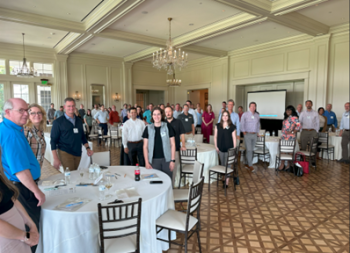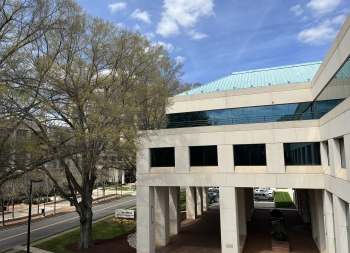AB5: A New Standard for Worker Classification – Part 4
In several of our most recent articles, we discussed the potential impact of AB5 (California Labor Code § 2775); a law passed in California which went into effect on January 1, 2020 and addressed the classification of certain workers as either employees or independent contractors.
Since the passage of AB5, there have been several Court challenges to the law. In what seems to be the most important challenge, the California Trucking Association filed a lawsuit contending that AB5 was preempted by the supremacy and commerce clauses of the U.S. Constitution and was in direct conflict with the Federal Motor Carrier Safety Act and the Federal Aviation Administration Authorization Act of 1994.
When we last discussed this topic in the Fall, 2021 Newsletter, the Ninth Circuit Court of Appeals, in a 2-1 panel ruling, had overturned the District Court’s preliminary injunction against AB5. In reversing the preliminary injection staying enforcement of AB5, the Ninth Circuit found that the California Trucking Association was unlikely to succeed on the merits of its claim in District Court. Although the Ninth Circuit overturned the District Court ruling, they did grant the California Trucking Association’s request to keep the preliminary injection in effect while the Association petitioned the United States Supreme Court for review of the issue.
The question now becomes whether the United States Supreme Court will agree to hear the case. If the Supreme Court declines to hear the case, AB5 would likely become enforceable in California. Just recently, the Supreme Court requested an opinion from the Office of the Solicitor General as to whether the Supreme Court should take up the case. In response, the Office of the Solicitor General submitted a lengthy Brief to the Supreme Court requesting that the Supreme Court decline to hear the case.
In the Brief, the Office of the Solicitor General commented, in part:
“The petition for a writ of certiorari should be denied. The court of appeals correctly determined that petitioners were unlikely to succeed on their claim that the FAAAA preempts applying the ABC test as codified under California law to owner-operators, and the court’s decision does not conflict with any decision of this Court.”
Of note, the Supreme Court does not need to follow the opinions set forth by the Office of the Solicitor General in determining whether to hear the case.
Again, if the Supreme Court declines to hear the case, AB5 will become enforceable law in California and that would likely have significant impacts on the current owner-operator model used by the trucking industry.
The Supreme Court will likely be issuing a ruling in the next few weeks as to whether they will hear the case. Protests by truckers have already occurred in California in opposition to AB5 and I would expect the protests to continue and grow if the Supreme Court declines to hear the case and AB5 is enforced by the authorities in California. Please check back for our Fall 2022 Newsletter in which we will likely be able to detail the decision on the Supreme Court.



